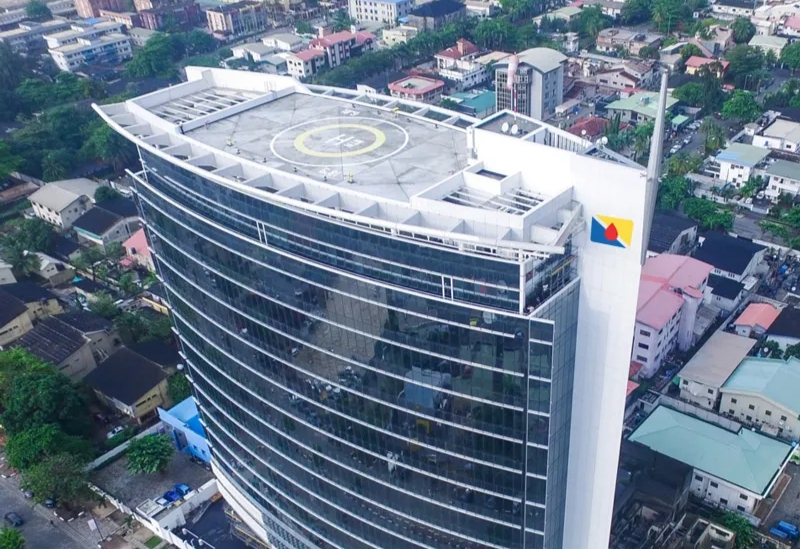
Chiemelie Ezeobi
Allegations of vote buying have rocked some polling units during the ongoing Anambra governorship election, with reports from several polling units suggesting that some voters were offered financial inducements in exchange for their votes.
Although officials of the Independent Corrupt Practices and Other Related Offences Commission (ICPC) were seen patrolling polling units to monitor vote-buying and ensure compliance with electoral rules, the vote buy was going on underground.
At Polling Unit 02, Amawbia Primary School, one voter who spoke to THISDAY under the condition of anonymity admitted that she was paid to vote after disclosing her preferred candidate.
“The process was seamless,” she said, “but before we voted, we were asked who we wanted to vote for. It was only when our choice matched what they wanted that we were given money.”
When asked if those who refused to vote for the preferred candidate were prevented from voting, she responded in the negative, insisting that everyone was allowed to cast their ballots.
Another voter who also spoke on anonymity, said even with police neutrality the vote buying process was more coded than in previous elections.
Simply giving his name as Tochukwu, he said: “Unlike previous elections that they buy votes publicly, this election is more coded. No one approaches you until it’s time to vote.
“After accreditation, one of those with the money will ask who you are voting and will join you to see if you actually voted for the said candidate. Only then will the money be given to you.”
A police officer, who spoke off the record, told THISDAY that their role in this election was to ensure peaceful conduct of the electorate, adding that they were so far complying in their conduct.
At Polling Unit 006 in a tense, the presence of security operatives was visibly strong, yet allegations of voter inducement persisted as party agents paid off those that voted for their respective candidates.
In several polling units visited across Awka and nearby communities like Amawfia, Abagana, by mid-day, most voting had been completed at the polling unit, with voters seen waiting for ballot sorting.
Giving credit to the seamless INEC Bimodal Voter Accreditation System (BVAS), most voters said it made the process easier and faster.
Despite the election, commercial activities continued across major markets and streets in Awka, with shops open and vehicular traffic flowing steadily. The state capital maintained a sense of normalcy, as traders and residents went about their business even as voting continued in many areas.
Meanwhile, the Nigeria Police Force led by DIG Benjamin Okolo, maintained a strong and coordinated security presence across the state, particularly in Ihiala, Ogbaru, Ayamelum, and other flashpoints.
According to the Police Public Relations Officer, SP Ikenga Tochukwu, security operatives were strategically deployed across polling units, collation centres, waterways, and border communities to forestall any disruption and reassure voters of their safety.
SP Tochukwu reiterated the Command’s commitment to neutrality and professionalism. “The Command assures all political actors and citizens that it remains committed to safeguarding lives and property while ensuring a transparent and credible election,” he said.


